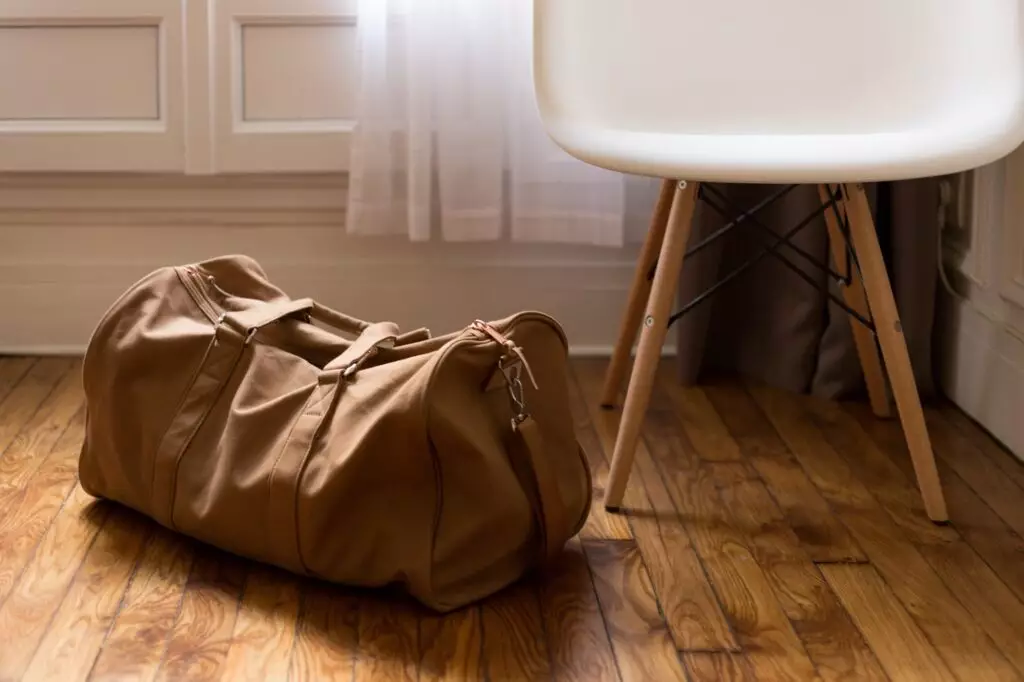You’ve made that critical decision that you can’t go on like this. You’ve booked yourself into rehab – well done you. The question on your mind now is no doubt how you can make rehab as comfortable as possible.
Two things will help with that. First of all, knowing as much as you can about the facility in advance. Next, knowing what to pack.
To learn more about what to bring to rehab, read on!
Rehab: You’ve Made the Right Decision
Did you know the rate of death from overdose has doubled in the United States in the past decade? It’s expected to double again over the next 8 years. That’s a lot of loved ones missing someone special.
All that serves as a reminder of just why it’s such a big deal that you’ve decided to get sober. With the right rehab, you’ll be able to get sober and stay that way. This might not be your first try at rehab, but there’s every reason you can make it your last rehab by choosing to enter prepared and making the most of it.
What to Expect
Rehab centers can vary greatly in programs, approaches, and pricing. Always keep in mind that the most expensive rehab is by no means always the best. Be sure sure to shop around by reading online rehab reviews and asking health professionals for recommendations.
Consider asking if your insurance company or workplace Employee Assistance Program (EAP) have a preferred rehab provider. They may have preferential rates or be partially or fully covered. Once you’ve settled on a rehab center, you’ll need to know what to take – let’s have a look.
What to Bring to Rehab
If this is your first time at a rehab center, you may not know just how strict the rehab policies can be about what you’re allowed to bring in. The center you go to is likely to provide you with a packing checklist as well as a list of what’s prohibited. They’ll generally only allow you to bring the absolute necessities.
They’ll search your bag on arrival, so make sure you check our breakdown below on what not to bring too. Generally, you should bring the following, but be sure to double check with your particular rehab center:
- Insurance paperwork
- Official identification
- Alarm clock without a radio to make sure you’re on time for activities
- Prescription medicine in its original packaging, still sealed and untampered
- Jewelry with symbolic meaning such as a wedding ring or religious item
- Contact details of people who are part of your recovery team, from family and friends to counselors and your General Practitioner
- Just enough in cash to buy occasional items from the vending machine
- Diary or notepad
- Pictures of loved ones to remind you why you need to stick it out
In terms of clothing, go for comfortable options that you can dress down or layer up according to the weather. While your body is in early recovery you can be more sensitive to changes in temperature so have clothes that will help you quickly adapt to heat or cold.
Bring things that can be easily washed. Most rehabs will have access to laundry facilities so you can wash your clothes during your stay. That means that packing for about a week is best.
What Toiletries to Bring
Bathroom products can have alcohol in them so your rehab center may have some restrictions on products such as mouthwash. Make sure alcohol is not listed in the first three ingredients of any liquid you take in your toiletry bag. Pack a month’s worth of deodorant, female hygiene products, toothpaste, shaving cream, hair styling products, sunscreen and face, and body lotion.
You’ll be away from home and working through the issue that may have brought you to addiction – some days will be challenging. Having the toiletries to freshen up and feel good about yourself again can really be a lifesaver. As is so often the case in life, it’s the little comforts that make a difficult situation easier.
What to Leave at Home
When you check-in, a worker will meticulously search you and your bags to ensure you’re not bringing in anything that puts your safety and recovery – or anyone else’s, at risk. They won’t let you bring in any liquids unless they’re in sealed packaging, in case they have drugs or alcohol in them.
Be sure not to bring anything sharp that could be used as a weapon. You won’t be allowed to bring in prohibited prescriptions, e-cigarettes, pornography, or food and drinks in most cases. Drugs and alcohol are obviously not welcome at rehab.
More surprising objects often on the banned list are playing cards and video games. These can be prohibited not because they’re a risk of harm to patients, but because they’re a distraction. Workers at the rehab center want you focused on your recovery, and that means work, not distractions.
The rehab will have a food and drinks schedule. That means there’s no need to bring in food and drinks, especially anything sugary or caffeinated. If you have special dietary needs be sure to let them know well in advance so they can cater to your needs.
Time to Get on Your Recovery Journey
There you have it, everything you needed to know about rehab and what to bring to rehab. Remember to leave any potential weapons, distractions, and food and drink at home. The rehab will have most of what you need for your stay, and they’ll give you a checklist for what you should and shouldn’t bring along.
If you’re still considering which rehab center is best for you, consider a comprehensive rehabilitation program like 1st Step Behavioral Health. You can learn about our extensive experience and success at our website today!
Jump to a Section
Call (855) 425-4846
